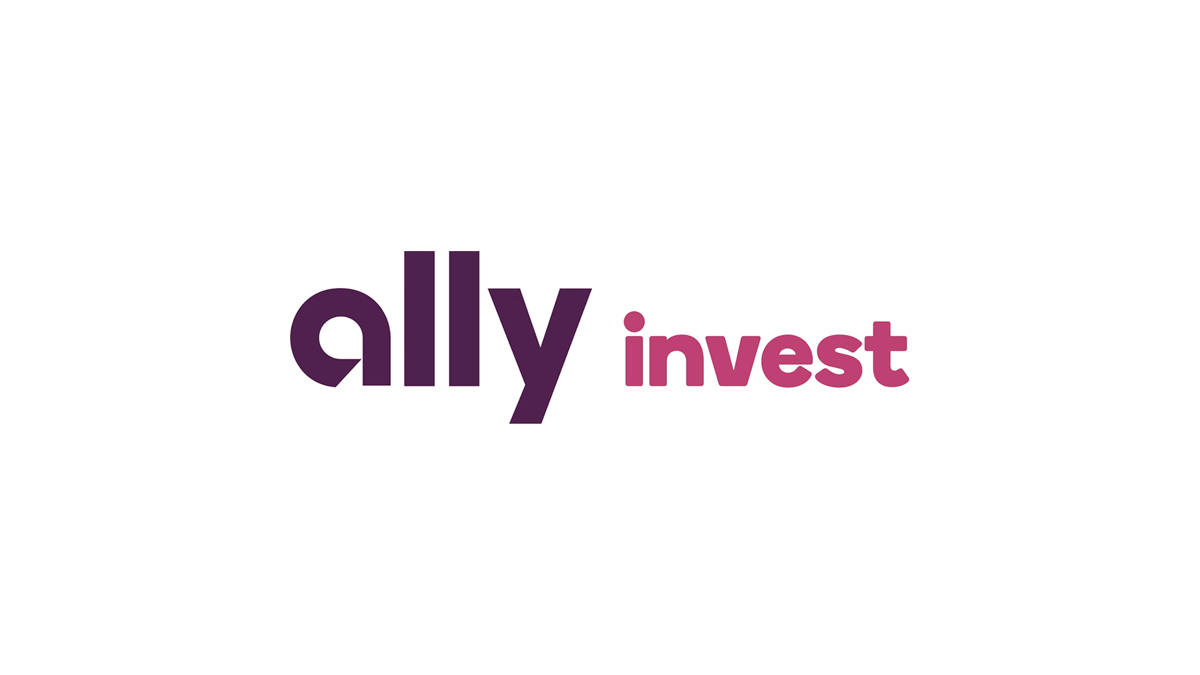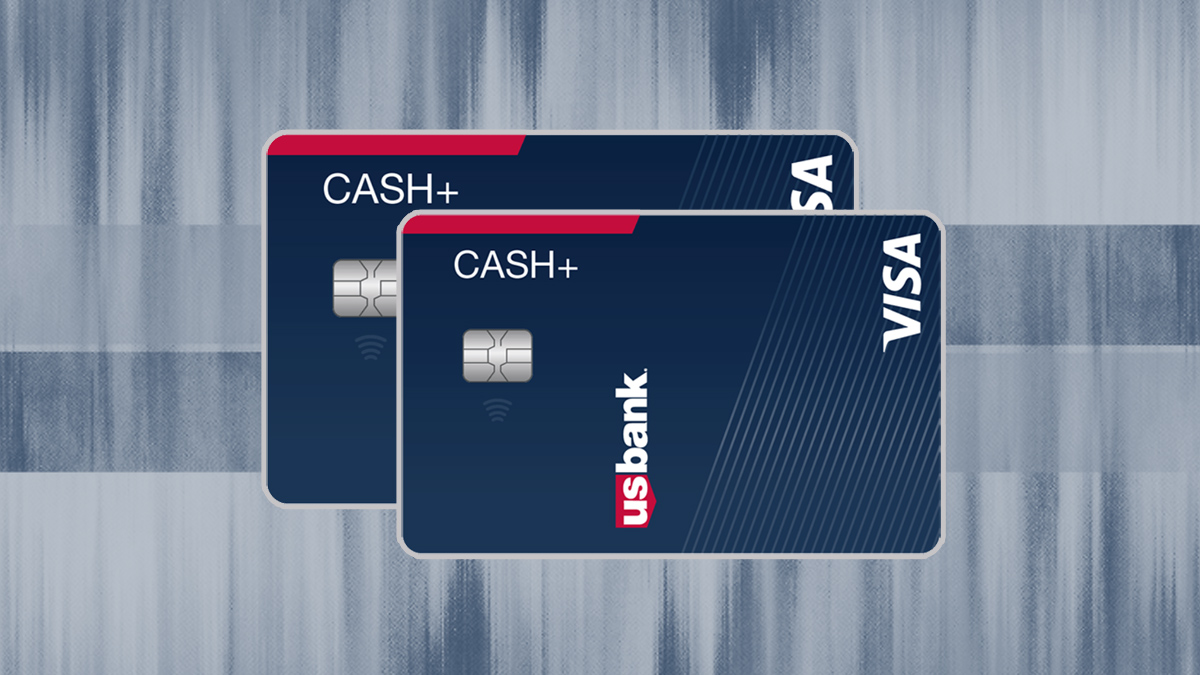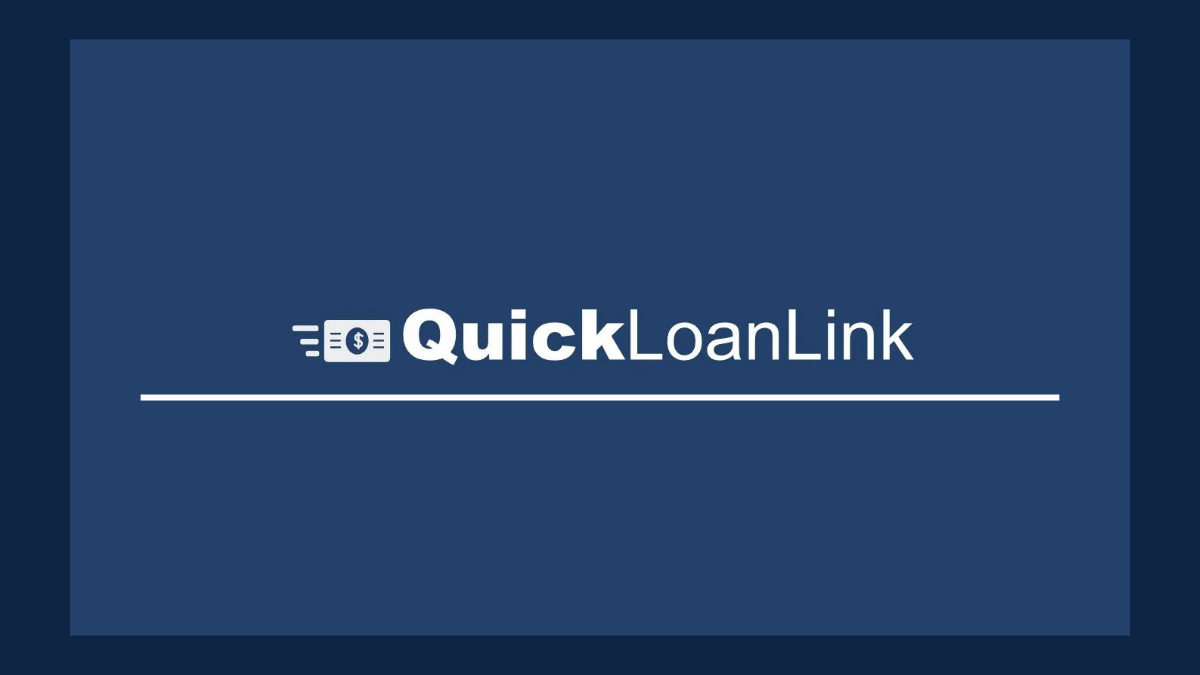Investments
Bonds as an Investment
Investing in bonds is a necessary part of any investor's portfolio. In this article we are going to tell you what you need to know about the subject.
Advertisement
Bonds sound boring when compared to stocks, but they are essential in your portfolio

When most people think about investing for the first time, they usually think about stocks. But bonds are also an excellent investment choice.
People tend to think more about stocks because the most flashy numbers in the world of investing usually come from them.
Think about it. When was the last time you heard about a 200% jump in a bond price? Let me guess: you have never heard that. That is because bond prices are much less volatile than stock prices.

Ally Invest review
Find out if Ally Invest is the right brokerage for you with our in-depth review. We cover everything from their fees and minimums to the trading platform and tools.
Bonds are fixed-income instruments. When an investor buys a bond, they are essentially lending money to a corporate or governmental borrower.
These entities use the borrowed money to finance projects and operations.
In a bond contract, the borrower promises to repay the loan at a variable or fixed interest rate within a specified period of time.
Since the chances of a solid business or government default on a loan are small, this is considered a low-risk investment.
So let’s take a closer look at bonds, which can be a valuable investment, and understand some important details.
Understanding bonds investment
Bonds are investment debt instruments issued by companies and governments in order to foster funding for projects, maintain operations, and even refinance current debts.
To understand how a bond works, it is important to become familiar with the jargon.
When you buy a bond (hence lending money to the bond issuer), the money you lend to the institution is known as the “bond principle”.
The time at which your money must be repaid is called the “maturity” date, and the interest rate that will determine how much you will receive is the “coupon” rate.
The price at which you buy a bond is said to be set “at par”. This means whatever you pay for the bond, you will receive back at maturity.
This is important because the coupon rate at maturity will be applied to the amount you paid for the bond.
You do not have to hold a bond until maturity, though. You might decide to sell it if you wish.
However, bond prices fluctuate, albeit much less than stocks. If you time the sale of your bond wrong, you might incur a small loss.
Bond issuers might also decide to repurchase bonds, for example, during interest rate declines.
If the borrower’s credit has improved, they can also repurchase old bonds and reissue new ones at a lower cost. This brings us to our next section.
You will be redirected to another website
By submitting this form, I agree that I am 18+ years old and I agree to the Privacy Policy and Terms and Conditions. I also provide my signature giving express consent to receive marketing communications via automated emails, SMS or MMS text messages and other forms of communication regarding financial products such as credit card and loans. Message frequency varies and represents our good faith effort to reach you regarding your inquiry. Message and data rates may apply. Text HELP for help or text STOP to cancel. I understand that my consent to receive communications is not a condition of purchase and I may revoke my consent at any time.
How do bond prices work? Are bonds a profitable investment?

Bond prices vary on a daily basis, pretty much like the price of any other publicly traded security and investment.
Interest rates are a key factor in how the price of a bond may behave. Let’s think about how this happens for a moment.
Let’s say both a corporate and a government bond issuer set a fixed 10% annual coupon rate for their current bond issues.
This means an investor lending $1,000 to either the issuers will receive $100 at maturity.
However, something happened, and the economy has taken a downturn, forcing the government to reduce interest rates to 5%.
It is evident that investing in corporate bonds becomes much more attractive in this scenario.
But it will not stay like that for too long. Investors will bid up until the bond reaches a point where it starts trading at a premium.
This means the price of the bond will increase, and after some time, investors will be paying $2,000 for the bond.
5% of $2,000 is $100. The same coupon government bonds will be paying on a $1,000 investment. This very same process happens when interest rates increase.
We can sum it up as the well-known statement that a “bond’s price varies inversely with interest rates”. Here is what is interesting. As bond prices rise or fall, so does the yield in an inverse fashion.
If the $1,000 bond, for whatever reason, turned into an $800 one, the yield would go up to 12.5%. If the price instead went up to $1,200, the yield would go down to 8.33%.
Both of these movements in the yield happen because you are still guaranteed to get the same $100 at maturity. The wonders financiers have been able to come up with.
Pros and Cons of bonds investment

Make no mistake about it: every investment has its risks. Bonds are no different in that regard, as it is a type of investment like many others.
Of course, they are the safest investments available, and if you invest in anything, they should be the first thing you invest in.
But before you do that, have a look at the upsides and downsides of investing in bonds.
Cons of investing in Bonds
Havings cons don’t mean something is bad. Every coin has two sides, and it is not different from bonds. So let’s take a look at the disadvantages you may find:
1. Locked-up funds
If you are not ready to commit your money for an extended period of time, bonds may scare you away.
To invest in bonds, you may have to lock your money away for several months and even years.
Of course, you can sell your bonds before maturity, but as we have mentioned before, if you time your sale incorrectly, you may incur a small loss
2. Interest rate risk
If you buy a 10-year bond yielding 5% interest, and while you are holding it there is an interest rate increase, your bond will be worth less. Not to mention you will miss the opportunity to get a higher yield because your funds are locked away.
3. Default
Although this is uncommon, there is a risk that the issuer will not be able to repay you. You may end up not getting your interest payments or flat out losing everything. Again, this is extremely rare, but it has happened before.
Pros of investing in Bonds
In every investment, we are certainly looking for the pros. After all, we expect that an investment will be positive for us. Otherwise, we wouldn’t invest, right? These are the pros of investing in bonds:
1. Safety of principle
This is the one thing most people worry about: “How likely am I to lose all my money?”. With bonds, there is virtually zero concern about that because the risk is generally very low.
2. Steady income
Bonds are called “fixed-income instruments” for a reason: the income you get is always predictable. You can count on it being the same at any time.
3. Diversifying your portfolio
Bonds are the founding stone of your portfolio. In a way, this is a pain because they offer much smaller returns than stocks.
However, they significantly reduce your financial risk. That is why experienced investors allocate a greater percentage of their funds to bonds as they grow older.
Bonds vs Stocks: which one is better?
Along with bonds, stocks are another well-known type of investment. They are different in many ways, and together they make up a good diverse portfolio.
Now that you know everything about bonds how about learning about stocks too? We have content exclusively about it, and you can find the post in the link below.

Stocks as an Investment
Before investing in stocks it's important to know a few basic things. We are going to tell you what you need to know.
About the author / Danilo Pereira
Trending Topics

US Bank Cash+® Visa® Secured Card application
Applying for the U.S. Bank Cash+® Visa® Secured Card is easy! Learn how to get started and find out what you need to qualify.
Keep Reading
Quick Loan Link review: get a loan easily
In this Quick Loan Link review you will see how this platform allows you to get multiple loan offers with a single application.
Keep Reading
What are the best Discover credit cards?
Find out the top five best Discover credit cards on the market. Learn what makes these cards so great and why you should get one.
Keep ReadingYou may also like

First Internet Bank of Indiana review: is it trustworthy?
In this First Internet Bank of Indiana review you will see how this bank offers a wide range of financial products with no monthly fee.
Keep Reading
How to get your Aeroplan® Credit Card: easy application and huge benefits
In this Aeroplan® Credit Card application guide, you will learn how to get this card and start enjoying high rewards on Air Canada purchases.
Keep Reading
7 Ways to Earn Higher Interest on Your Money
If you're looking for creative ways to maximize your savings potential, check out these seven tips on how to earn higher interest.
Keep Reading